An Honest Conversation About Motherhood With Paloma Faith
There were so many things I didn’t know about motherhood before having children. One of the things I’ve learned is it’s never exactly what you think it’s going to be – but that goes beyond just having a conversation around the ‘fourth’ trimester. Becoming a parent changes your life completely and some people – myself included – have been completely unprepared for it.
For example, I’m quite spontaneous but parenthood has taken a lot of that away. I’ve surrendered to it now, because I know having children was my choice, but I also know the notion of ‘having it all’ is a complete illusion. Parenthood requires sacrifice and for women especially, it’s a balancing act. Having a career requires you to sacrifice time with your children and vice versa. If you do try to find a middle way, like I have, you can also end up feeling guilty about not doing either thing fully. It can be very emotionally difficult.
Even conceiving was harder than I thought. I ended up going down the IVF route after my partner and I encountered problems. We felt it was our only option – so that was something unexpected right off the bat. Then, when I did get pregnant, my body didn’t react well. I’ve always worked out consistently and been able to maintain the same weight, but suddenly it felt like everything went haywire – almost overnight.
It turns out I’m pre-disposed to gaining a lot of weight during pregnancy – I was certainly not one of those women who seem only to be pregnant in the front. My nose, my mouth – my whole body swelled up (both times). At the end of the day, it was mainly water retention – once I’d given birth, I sweated it out for about four days straight! Not everyone is the same, but that was my experience.
My birth plan looked very different to what I thought it would be. I’d had a certain idea in my head, but I ended up being something far more traumatic. I had an emergency caesarean (which subsequently led to a planned caesarean for my second baby as well). After the first baby, I contracted three different infections – I couldn’t stand up properly for about three months, suffered from post-partum depression and even experienced 24 hours of psychosis at one point. I was completely unprepared.
I’ve completely fallen in love with my children – it’s a totally unconditional kind of love. But I want other mothers to know that it wasn’t an immediate feeling; it was a set of emotions that grew over time. I can remember looking at both my children after they were born, thinking that neither of them really felt like my child. But when you don’t give birth vaginally, I’m told there are quite a lot of natural chemicals that don’t get released in your body, which explains a lot. Also, I think about their conception through IVF and how that might have affected how we all felt afterwards. Who knows? But I don’t judge myself over any of it.
I always knew being a working mum was possible. My own mum was a single, working parent, and she set a brilliant example for me. When your babies are born, it feels like your heart literally stretches, and so your capacity to take on extra responsibility – both at home and at work – also grows. That said, the right childcare is essential if you want to do both well. I recently hired a new nanny and she’s literally changed my life. I think she finds it quite intense when I tell her how much I need her, but when you find the right person to help you, it makes all the difference.
Not all women can afford help, but different cultures understand this better than others. Some believe raising children takes a village – that exposing babies to different adult relationships is beneficial for their development – and the women in those communities help each other out. In our western culture, we don’t necessarily subscribe to that idea, but it can end up putting a lot of pressure on mothers to try and do everything themselves – and make it look easy at the same time. Are we really surprised to see so many babies screaming when they’re handed over by their parents to other people?! I can remember a friend giving me her baby shortly after he’d been born so she could go for a walk. I felt a bit shocked and out of my depth but when she came back, she simply said, “I don’t want him to just want me.” I’ve never forgotten that.
It's always been very important to me to protect my children from the media. And yet, it’s something the tabloids have made into a bigger issue than it really is. They like to say I went to extreme lengths to conceal my first child’s gender after she was born. That’s simply not true – I didn’t want anything out in the public arena at all. As a new mum, it felt very threatening not to be in control of her image or any information concerning her. When I decided to put myself in the public eye, I was an adult and knew I’d have to suffer the consequences. But I’d never want to put a child in that position – ever. It’s not fair on them. Other people might choose to do things differently, but that’s just my perspective as a parent.
That said, I don’t believe in gender specific toys or clothing. I mean, I don’t wear a dress every day so why shouldn’t I let my child wear what they want or play with toys they like? Being a good parent is about nurturing their individual personalities and giving them as many opportunities to play, learn and explore who they are. I don’t want to restrict them or try to shape how their minds work.
It’s not about restricting anything, but about presenting everything. I don’t want to perpetuate any of those dangerous stereotypes that stop a girl wanting to be an astronaut or a boy from being a hairdresser. I bought a toy hoover for a friend’s son when he turned two – I didn’t see that as a girl’s toy or a boy’s toy, and nor did she. Frankly, I think it’s important everyone – men and women – learn how to hoover their home!
If either of my children came to me unsure of their gender, I’d be supportive. It’s such a complicated issue, and I don’t know that I’d encourage a full sex change before the age of 21, but I’d want to encourage them to embrace who they are. The only thing that would matter is loving them enough so they felt like themselves – until they were of an age to be able to make their own decision about their future. If they wanted to be called by any other name – from any age – I’d do it.
It's so important not to tie your identity as a mother to that of your child. I don’t curtail my own identity around my children, so why should I expect them to curtail theirs? I know I’m there to serve them, so I can’t enmesh my own ideas of who I think they are and who I am too deeply. That sounds quite profound but an easy way to explain it is my daughter knows I go to work because it makes me happy. She doesn’t ask me to stay at home to preserve her happiness. So why would I force her to be a certain way just to make me happy in return?
Frida only came on my radar when they sent me some products after my second baby was born. I can be quite cynical about this stuff and the brand partnerships I sign up to but I can honestly say I used everything that was sent to me and was very surprised at how good everything was. It made such a difference to my second birth experience compared to my first, so I really believe in it as a company and the products they sell. A lot of the products are designed for post-partum mums (Fridamom) and some for the baby (Fridababy). For example, my first daughter had cradle cap on and off for two years, and my second also suffered. But having used one of Frieda’s cradle cap products once, it virtually vanished overnight. As a company, I like how Frida is aiming to break taboos and open up conversations about what happens to your body post-partum and beyond. And I think that’s so worthwhile.
I also think Frida’s Real Birth Announcements campaign was ground-breaking. Lots of people or couples do a glossy Instagram post to announce their children’s births or gender reveals, and I think it’s wrong. It puts even more pressure on women and mothers – including those who might be on a different, harder fertility journey. My own birth and postpartum experiences were far from the rosy scenes you see on screen and online. Not enough women are prepared for the realities of childbirth and that’s why I’m proud, with Frida, to help encourage open conversations about real birth stories. It’s time to challenge the social media perfection posts – there’s enough pressure on women and mums already, so we could really do without it.
For more information and advice on pre- and-post-natal care, as well as products for your baby, visit Frida.co.uk. Follow @Frida_UK and @PalomaFaith on Instagram.
Discover Paloma's Favourite Picks
DISCLAIMER: We endeavour to always credit the correct original source of every image we use. If you think a credit may be incorrect, please contact us at info@sheerluxe.com.
All products on this page have been selected by our editorial team, however we may make commission on some products.
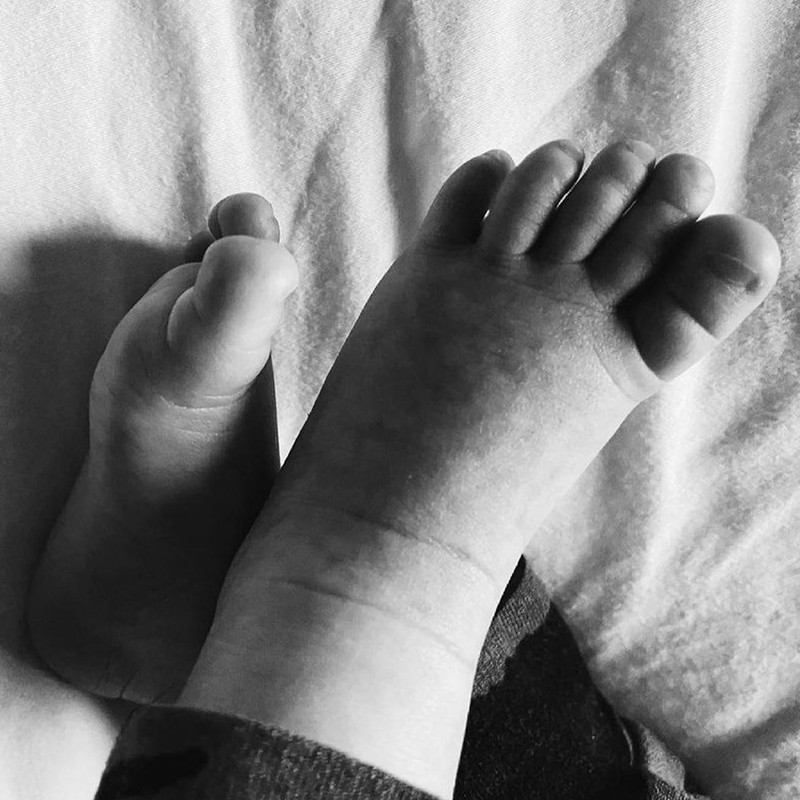
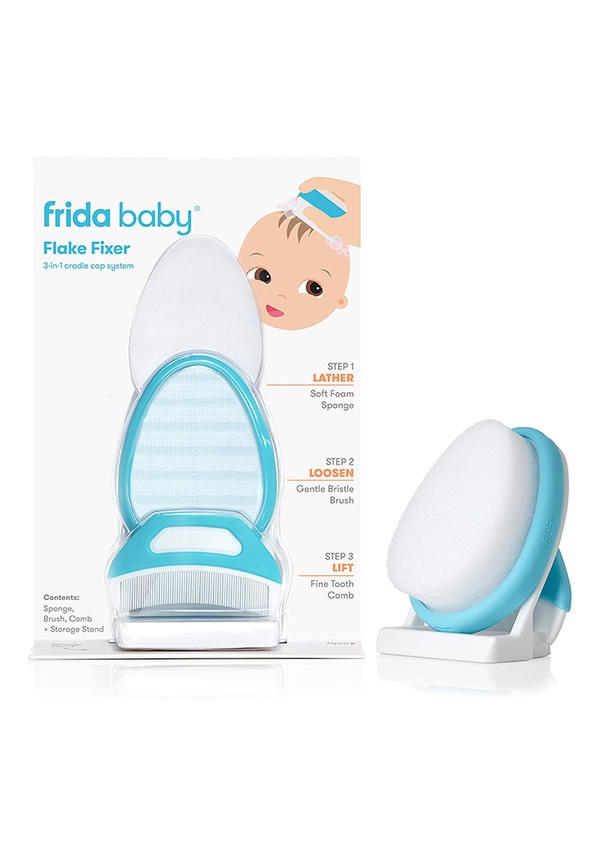
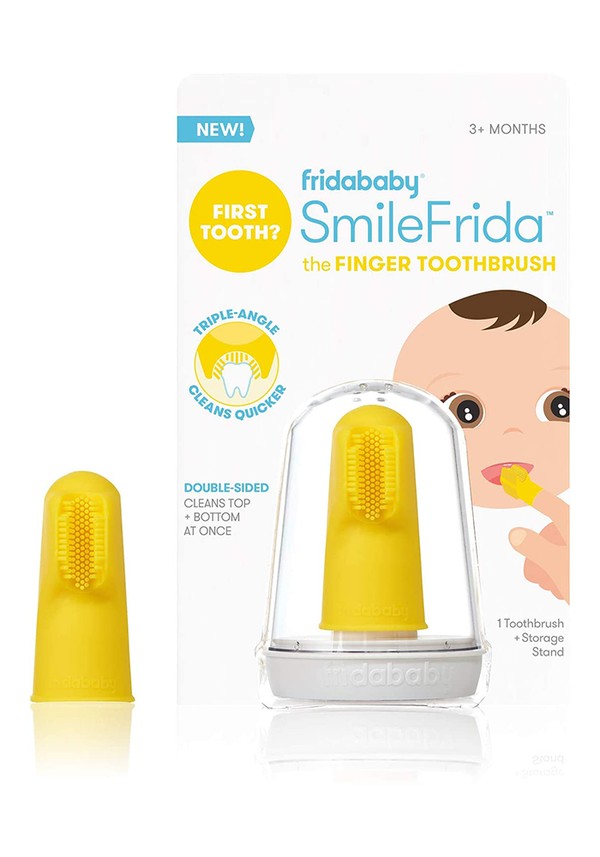
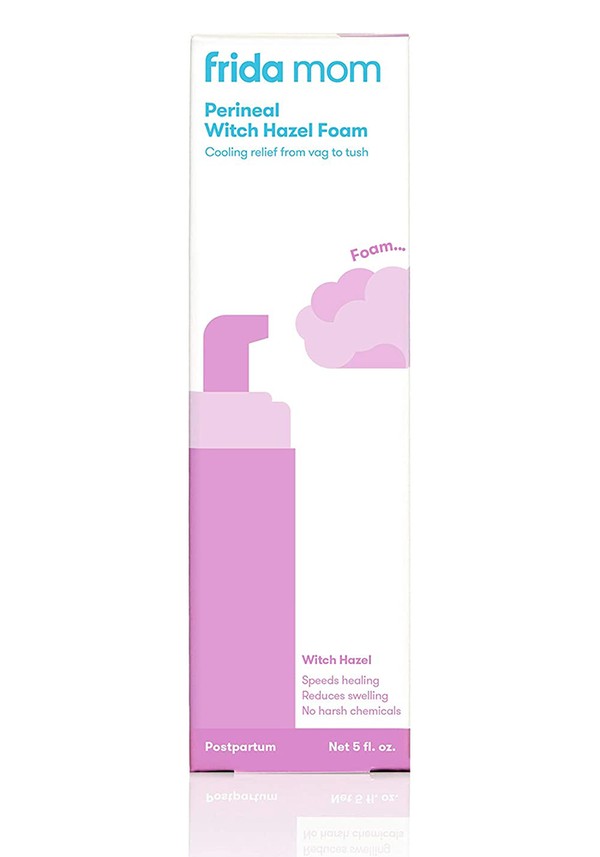
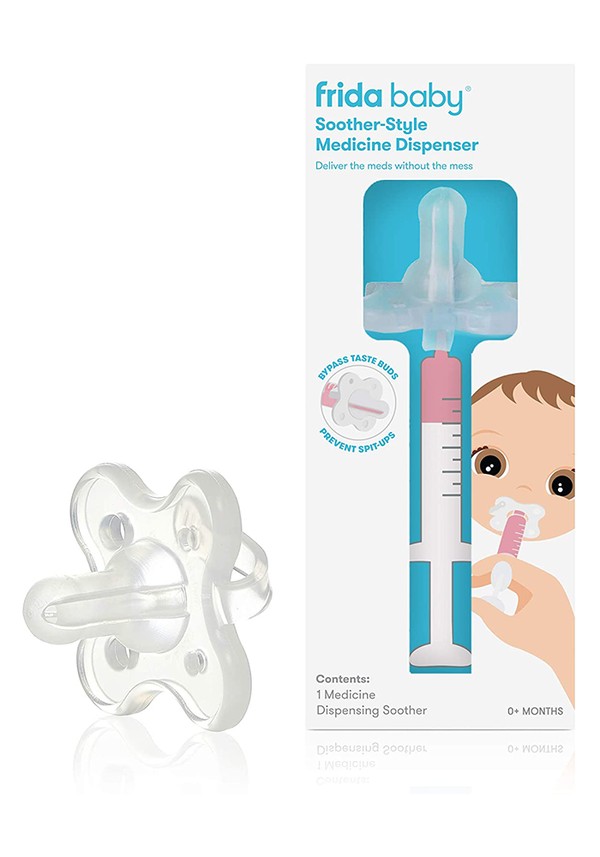
/https%3A%2F%2Fsheerluxe.com%2Fsites%2Fsheerluxe%2Ffiles%2Fwebsite-images%2F2025%2F04%2Fnew-parenting-background-image.jpg?itok=au3AjSlw)